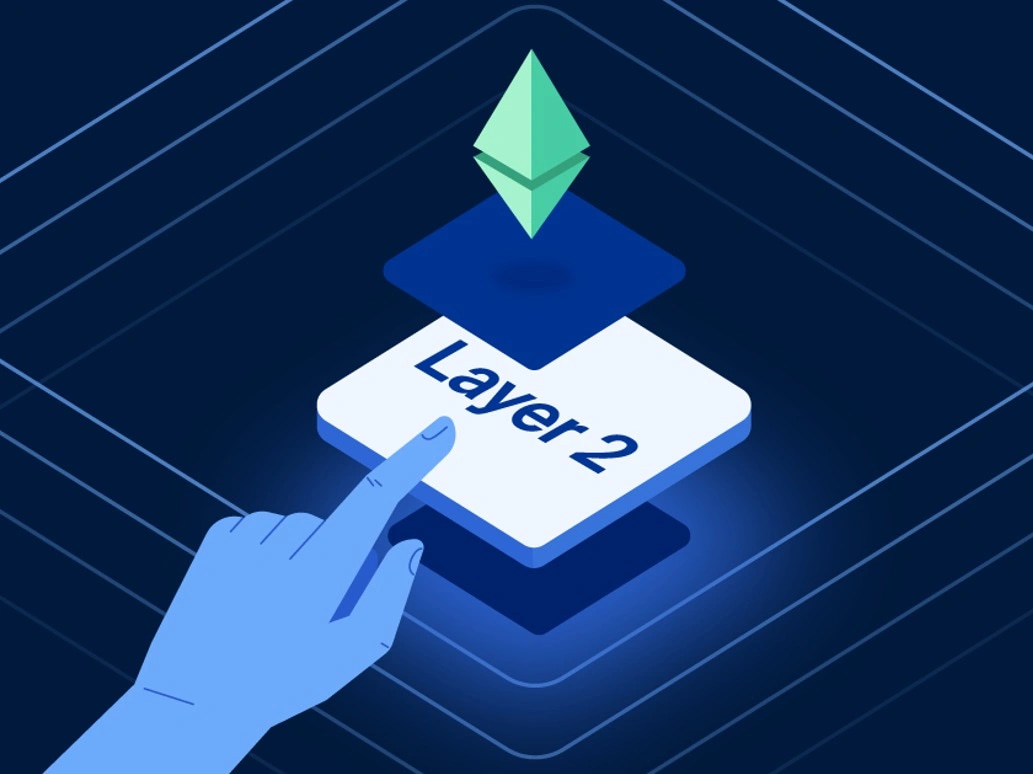Key Takeaways
- Web3 gaming wallets are essential for securely managing cryptocurrencies, gaming tokens, and NFTs in blockchain games.
- Play-to-earn and NFT games rely on wallets to store, trade, and monetize in-game assets, giving players true ownership.
- Venture capital is driving innovation, making wallets more user-friendly, multi-chain compatible, and integrated with DeFi features for gaming rewards.
The gaming world is evolving at a breakneck pace. Traditional consoles and PC games are no longer the only way to play. The rise of Web3 gaming—powered by blockchain technology—has introduced play-to-earn mechanics, NFT games, and decentralized economies that reward players with real-world value. At the heart of this revolution are Web3 gaming wallets, essential tools for managing in-game assets, cryptocurrencies, and NFTs. If you’re a gamer or crypto enthusiast, understanding these wallets is the first step toward fully participating in the blockchain gaming ecosystem.
What Is a Web3 Gaming Wallet?
A Web3 gaming wallet is more than a digital wallet. Unlike traditional gaming accounts, it allows players to store and manage cryptocurrencies, gaming tokens, and NFTs securely. These wallets are the bridge between blockchain networks and games, enabling seamless in-game transactions, token staking, and trading of digital assets.
Popular Web3 wallets include MetaMask, Phantom, and Trust Wallet, each offering unique features such as multi-chain support, easy token swaps, and NFT storage. The key difference between a standard crypto wallet and a gaming wallet is integration: gaming wallets are often optimized for specific blockchain games, ensuring smooth gameplay and immediate access to in-game rewards.
How Web3 Wallets Power Play-to-Earn and NFT Games
Play-to-earn (P2E) games and NFT games are at the forefront of the Web3 gaming movement. In these ecosystems, players can earn gaming tokens or NFT assets by completing quests, participating in battles, or trading items. Without a Web3 wallet, these earnings cannot be securely stored or traded on decentralized marketplaces.
For example, in games like Axie Infinity or Illuvium, in-game currencies can be withdrawn, exchanged for other cryptocurrencies, or sold on NFT marketplaces. A Web3 wallet ensures that every transaction—from token rewards to NFT purchases—is transparent, secure, and under your control, eliminating reliance on centralized platforms that often limit player ownership.
Setting Up and Using a Web3 Gaming Wallet
Getting started with a Web3 gaming wallet is surprisingly straightforward, even for beginners:
- Choose the Right Wallet: Select a wallet compatible with your preferred games and blockchain. MetaMask is widely used for Ethereum-based games, while Phantom is popular for Solana-based ecosystems.
- Install and Secure Your Wallet: Download the wallet’s app or browser extension. Secure it with a strong password and back up your seed phrase offline—this is crucial for recovering your wallet if your device is lost or compromised.
- Fund Your Wallet: Add cryptocurrency to your wallet to participate in play-to-earn games. Some games may require native tokens like ETH or SOL for in-game transactions.
- Connect to Your Game: Most blockchain games allow you to connect your wallet directly. Once linked, your in-game assets will automatically sync with your wallet, allowing you to earn, trade, and stake tokens seamlessly.
- Manage and Trade Assets: Use your wallet to manage gaming tokens, transfer NFTs, or swap cryptocurrencies through integrated decentralized exchanges (DEXs).
Venture Capital and the Future of Web3 Wallets
The growing popularity of Web3 gaming has caught the attention of venture capital in gaming, with millions of dollars flowing into wallet developers, NFT marketplaces, and blockchain game studios. These investments are driving wallet innovation, from multi-chain compatibility to better user experience and security features.
As blockchain gaming matures, wallets are likely to evolve into all-in-one gaming hubs, where players can manage assets, participate in tournaments, and even stake tokens for passive income. The integration of DeFi mechanics with Web3 wallets promises a future where your in-game achievements and tokens have real-world financial value, redefining what it means to “play to earn.”
Conclusion
Web3 gaming wallets are the gateway to the next generation of gaming. They empower players to manage gaming tokens, NFTs, and cryptocurrency, unlock play-to-earn opportunities, and participate fully in blockchain-based economies. By understanding how these wallets work and choosing the right one, gamers can secure their digital assets, explore new revenue streams, and enjoy a truly decentralized gaming experience.
Whether you’re a seasoned crypto enthusiast or just entering the world of blockchain games, mastering Web3 wallets is no longer optional—it’s essential for the future of gaming.
Disclaimer: The information in this article is for general purposes only and does not constitute financial advice. The author’s views are personal and may not reflect the views of GameDegen.com. Before making any investment decisions, you should always conduct your own research. GameDegen.com is not responsible for any financial losses.



